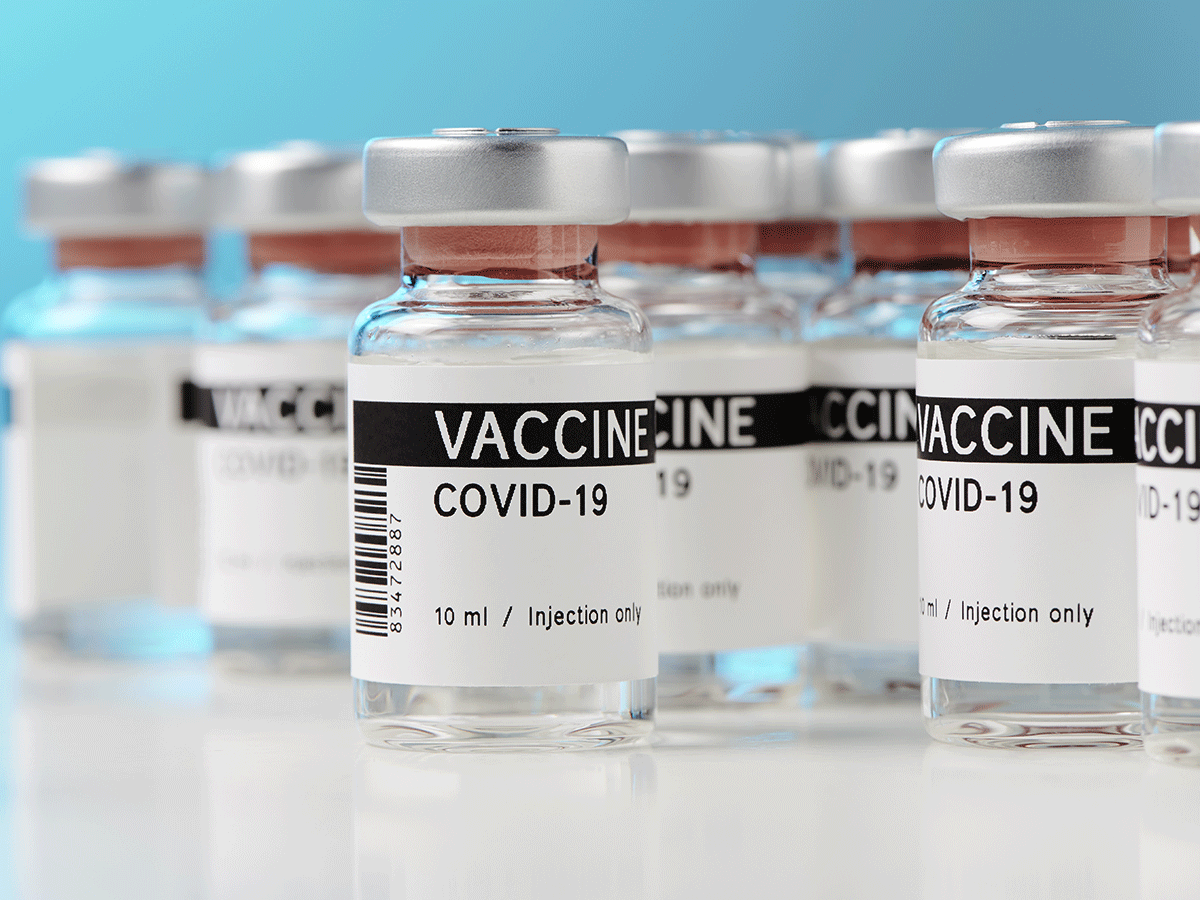New research carried out by the researchers at the Beth Israel Deaconess Medical Centr (BIDMC) have found that combination therapy or synergy restores resistance against Superbugs. In simple words, the drugs that are individually ineffective retained their effectiveness when combined. This is rather breakthrough research to combat drug-resistant bacteria. With the excessive prescription of antibiotics, the prevalence of Superbugs is rampant. There is no particular treatment available to ward off antibiotic resistance. The problem is further amplified with the slowing of the development of new classes of antibiotics.
The backdrop of the study:
Many gram-negative bacteria have become increasingly resistant to a current class of antibiotics. Doctors prescribe colistin as the last retort in the fight against antibiotic-resistant bacteria. But the bad news is the bacteria have even started to develop resistance against Colistin. The antibiotic Colistin has been discontinued long ago owing to the damage it causes to the kidneys. So, the scientists
The team found that several combinations which involved synergy with Colistin were able to be effective in the treatment of infections with resistant pathogens. The critical thing to note here is that the drugs turned out to be ineffective when employed individually. Among the 19 drugs that were tested, Colistin displayed high rates of synergy with linezolid, Fusidic acid and Clindamycin which are protein synthesis inhibitors. But individually these drugs are found to be ineffective gram-negative bacteria.
Also Read: Keto diet linked to increased Type-2 Diabetes risk in mice
These findings suggest that Colistin retains the sub-lethal activity against Colistin-resistant bacteria that enable drugs like linezolid to reach their targets. Kirby, the lead author of the study opined that currently, the physicians employ combinations of antibiotics without knowing their effects against highly resistant pathogens. The current combination therapy would aid doctors to offer lower doses of the Colistin, thereby minimising the side effects of the drug. This further facilitates the development of drug resistance rather slowly thereby allowing the researchers more time to create new drugs and other long-term- strategies to fight against Superbugs.
The Research study is published in the Journal Antimicrobial agents and chemotherapy.








